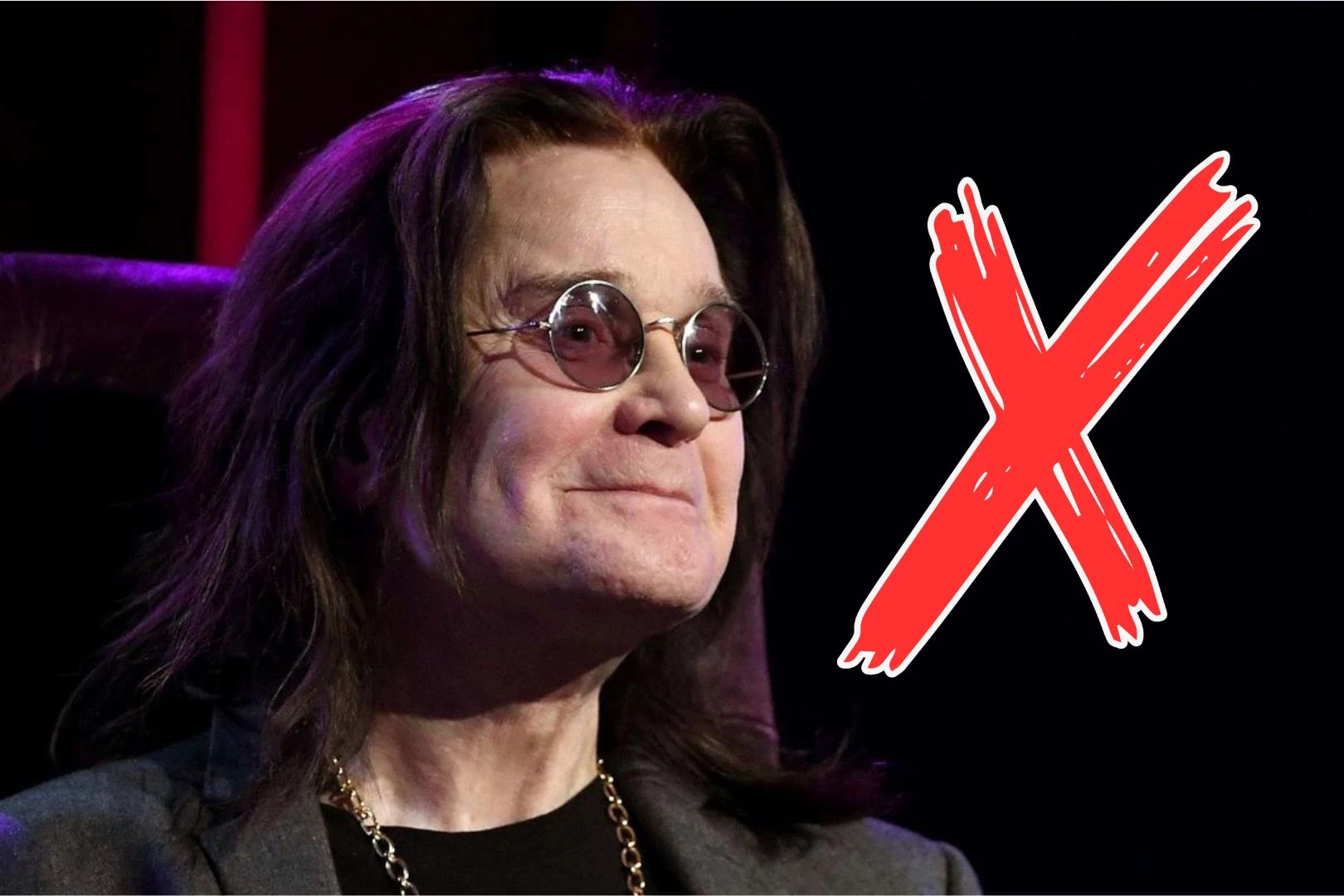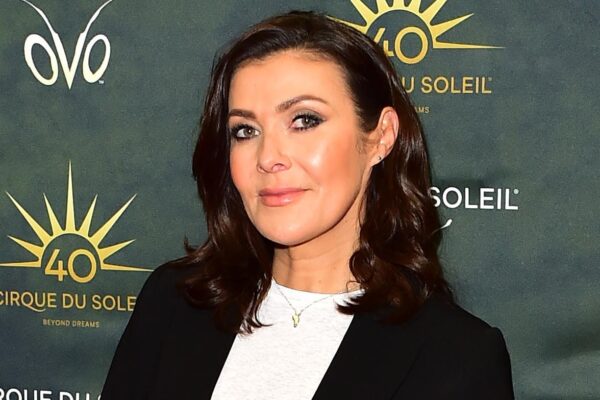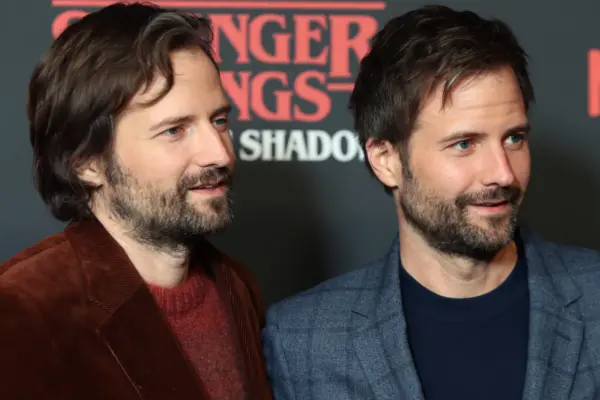
The Significance of the Ozzy Osbourne Documentary
Ozzy Osbourne, the iconic lead vocalist of Black Sabbath and a beloved figure in rock music, has been the subject of a recent BBC documentary that has gained substantial attention. This documentary was anticipated to explore Osbourne’s remarkable career, his personal struggles, and his ongoing influence in the music industry. However, the BBC has made the controversial decision to pull the documentary from their programming schedule.
Details Surrounding the Cancellation
The pulling of the documentary comes amidst rising concerns regarding its content and portrayal of certain topics, particularly those relating to Osbourne’s health and lifestyle choices. The BBC, known for its commitment to responsible broadcasting, faced backlash from advocacy groups suggesting that the documentary could reinforce negative stereotypes regarding substance abuse and mental health issues. Sources indicate that the decision to withdraw the documentary was not taken lightly, as it showcased significant interviews and behind-the-scenes footage of Osbourne’s life.
Reaction from Fans and the Industry
The reaction to the documentary’s cancellation has prompted a mix of disappointment and support among fans and industry professionals. Many fans expressed their frustration on social media, viewing the documentary as an opportunity to gain insight into Osbourne’s complex life. Conversely, mental health advocates applauded the BBC’s decision, reinforcing the importance of sensitivity and awareness around such subjects.
What Does This Mean for Future Projects?
The cancellation raises questions about the future of similar projects involving high-profile figures with complex narratives. It may indicate a shift in how broadcasters handle potentially controversial material, exhibiting a willingness to prioritise societal responsibilities over viewership ratings. Industry insiders are now speculating whether the BBC will seek to re-edit the material, aiming for a balance that could appease both supporters and critics.
Conclusion
The removal of the Ozzy Osbourne documentary serves as a reminder of the intricate relationship between media, public figures, and societal expectations. Although many were looking forward to the insights the documentary promised, the BBC’s proactive approach in addressing concerns reflects a broader movement toward mindful and respectful storytelling in broadcasting. It remains to be seen how this incident will affect Ozzy Osbourne’s public persona and future media engagements, but it certainly opens up vital conversations about representation in television and the responsibilities of content creators.
You may also like

The Vital Role of Live Shows in Modern Entertainment

Kym Marsh: A Journey Through Entertainment and Achievement

Are the Duffer Brothers Twins? Exploring Their Relationship
SEARCH
LAST NEWS
- Remembering Wendy Richard: The Promise to Co-Star Natalie Cassidy
- How Did Anglian Water Achieve an ‘Essentials’ Rating for Mental Health Accessibility?
- Shai Hope Leads West Indies in T20 World Cup Clash Against South Africa
- What We Know About Weston McKennie: Future at Juventus and Past at Leeds
- What We Know About the Upcoming Live Nation Antitrust Trial